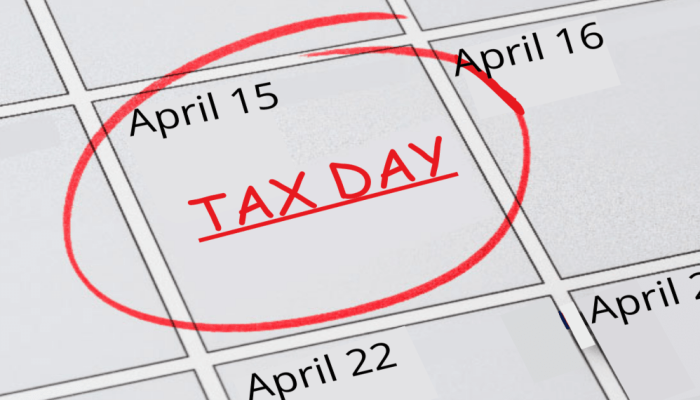The Department of Revenue reached all its collection goals in Fiscal Year 2018. In fact, we did better than expected in several areas. Our newly published FY 2018 Year in Review offers a detailed look at our efforts and achievements over the past 12 months.
Among other accomplishments, Revenue:
- Collected around $5.4 billion overall, 8% more than in FY 2017;
- Brought delinquency to a historic low, recovering more than $200 million in unpaid taxes and water fees;
- Expanded property tax and water assistance programs. We enrolled 281 homeowners in the new Owner-Occupied Payment Agreement (OOPA) during the first three months of the program’s relaunch, increasing the total enrollment past 13,000 participants.
An expanding base
We collected $3.4 billion for the City’s General Fund, $60 million more than expected for FY 2018.
Around 45% of the General Fund comes from the Wage Tax and Net Profits Tax, which brought in almost $1.55 billion on their own last year. That was a 6.1% increase compared to FY 2017, achieved even as the rate for those taxes drops.
The City taxed a smaller fraction of every dollar workers earned. But rising wages and job growth in Philadelphia continue to drive the upward trend.
Real Estate Tax tops the class
We collected $1.1 billion for the School District, $113 million more than in FY 2017.
Philly public schools rely largely on property taxes to operate. So as our Real Estate Tax collections hit a record high in FY 2018 ($1.45 billion!), it meant more dollars flowed to the School District. For every dollar we collect in Real Estate Tax, 55 cents go to the School District.
Higher real estate prices are behind the boon, but that’s not the full picture. Revenue from the School Income Tax (SIT) and Liquor Tax go to the School District directly. Over the last 10 years SIT collections grew by 94%, and Liquor Tax collections by 88%. In FY 2018, the pair provided a $125 million to classrooms across the city.
Steady drip
We added up $652.3 million in Water Revenue collections, beating estimates by almost $15 million.
On-time collection for water service has steadily improved over the past decade. Last year we were near 90%. We know there’s room for improvement.
We will continue to reduce delinquency with firm enforcement, as well as assistance for residents who need it most. As part of an ongoing push, we enrolled 12,000 water customers into the new Tiered Assistance Program last year.
Declining delinquency
Revenue’s work isn’t just collecting current-year taxes, water bills and fees. We’re also busy shrinking the pool of debt from previous years, and with encouraging results.
We reduced the total outstanding principle by $32.5 million in one year, bringing delinquency to a new, record low. FY 2018 started with 138,795 delinquent accounts—it ended with 131,756.
Various and simultaneous strategies are behind the delinquency drop. We’re engaging taxpayers about debt consistently and efficiently. We’re employing enforcement programs, like Sheriff Sales and License Revocations, more systematically. We’re making it easier for people to pay, while widening the safety net for those who can’t.




